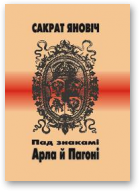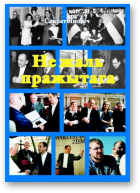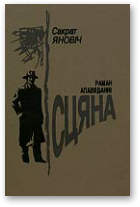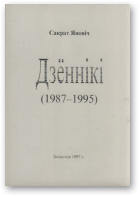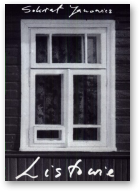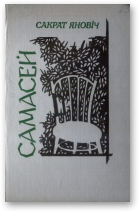
Памятаем...
Гэты дзень у гісторыі запісаўся тым, што ў 1932 годзе на сьвет зьявіўся Талент – Адам Мальдзіс. Па Таленце заўсёды застаецца памяць, якую нам наканавана захаваць.

Сёньня Дзень народзінаў адзначае Зміцер Вішнёў.
Беларуская Інтэрнэт-Бібліятэка Kamunikat.org зычыць здароўя – перадусім; добрага настрою – не толькі ў гэты дзень; цёплага сонейка ў кожную пару году, дабрыні і разуменьня блізкіх, творчых палётаў і зьдзяйсьненьня мараў.

Сёньня Дзень народзінаў адзначае Анатоль Івашчанка.
Беларуская Інтэрнэт-Бібліятэка Kamunikat.org зычыць здароўя – перадусім; добрага настрою – не толькі ў гэты дзень; цёплага сонейка ў кожную пару году, дабрыні і разуменьня блізкіх, творчых палётаў і зьдзяйсьненьня мараў.

Сёньня Дзень народзінаў адзначае Лявон Неўдах.
Беларуская Інтэрнэт-Бібліятэка Kamunikat.org зычыць здароўя – перадусім; добрага настрою – не толькі ў гэты дзень; цёплага сонейка ў кожную пару году, дабрыні і разуменьня блізкіх, творчых палётаў і зьдзяйсьненьня мараў.
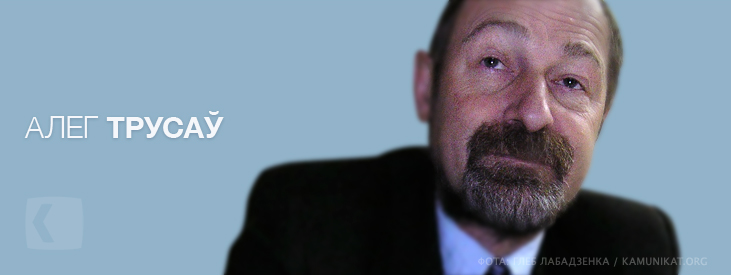
Сёньня Дзень народзінаў адзначае Алег Трусаў.
Беларуская Інтэрнэт-Бібліятэка Kamunikat.org зычыць здароўя – перадусім; добрага настрою – не толькі ў гэты дзень; цёплага сонейка ў кожную пару году, дабрыні і разуменьня блізкіх, творчых палётаў і зьдзяйсьненьня мараў.










